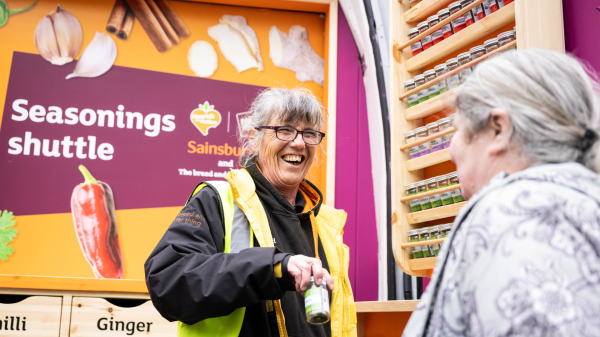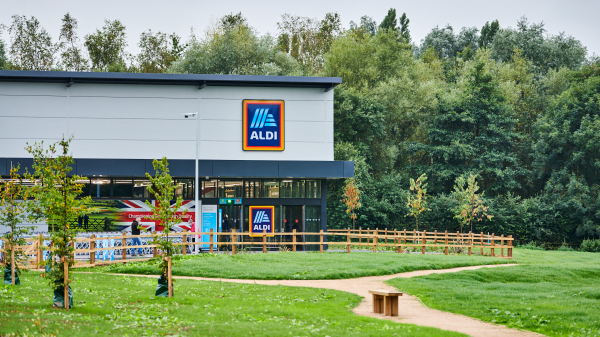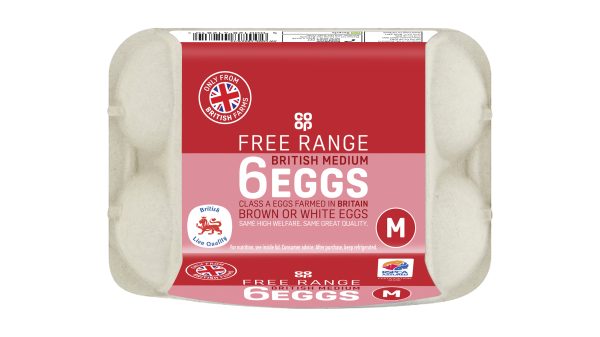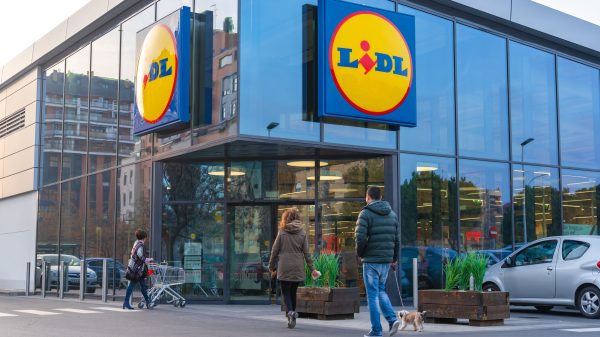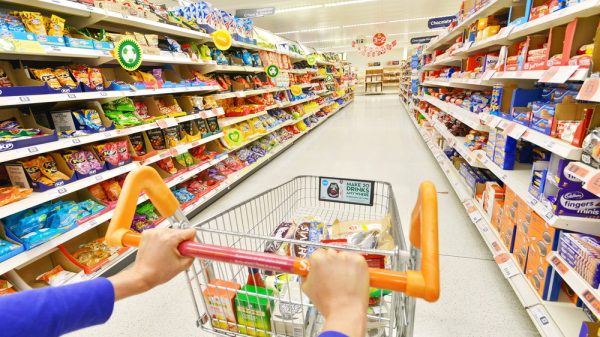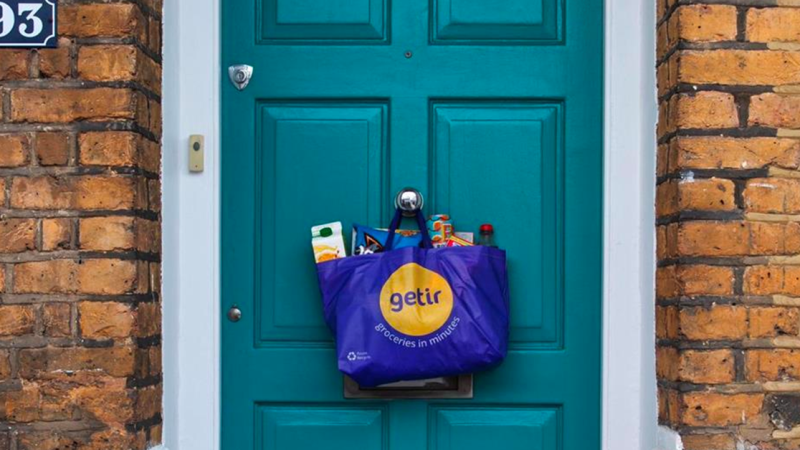The past year has seen the UK grocery sector prioritising sustainability more than ever before, with supermarkets pushing ahead on their goals to reduce plastic and lower levels of food waste.
As part of this, many have been updating their products from using paper packaging to ditching single use cutlery.
These initiatives have undoubtedly had a positive impact on reducing waste, however, some have been met with quite the backlash.
We take a look at the supermarket sustainable packaging changes that have been most divisive amongst consumers.
Vacuum packed beef mince
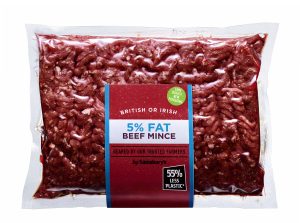
Beef mince is typically packaged in plastic trays, however Sainsbury’s became the first UK retailer to alter this in February with the launch of vacuum packs to save 450 tonnes of plastic annually.
While the sustainable initiative cuts plastic by 55% per product and contributes to Sainsbury’s goal to halve its use of own-brand plastic packaging by 2025, consumers have not been happy with the change.
Just two months after the initial roll out, the supermarket was left defending the packaging as customers complained the meat turned to “mush” when opened.
Reviews on Sainsbury’s website claimed the packaging “destroys” the mince meat, with one saying “the dog would not like it”.
Despite the backlash, other retailers including Co-op, Lidl and Aldi have all introduced vacuum packaging across their beef mince ranges.
However, Tesco recently launched an alternative ‘pillow pack’ that uses 70% less plastic. Unlike the vacuum-packed products, the pillow pack inflates slightly, which prevents the mince from being compressed.
Tesco commercial director for fresh Dom Morrey said: “Pillow packs are a win-win: they keep the mince in perfect condition while requiring much less plastic.”
Plant-based, compostable tea bags
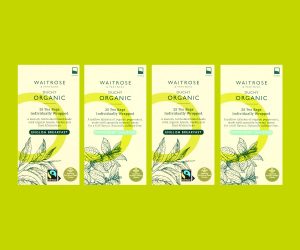
In July 2021, Sainsbury’s launched plant-based tea bags across its own-label range to replace over 859 million oil-based plastic individual bags.
The more sustainable, Polylactic acid (PLA) plastic is made from sugars in cornstarch, cassava or sugarcane.
Asda, Tesco, Waitrose and Lidl have all followed suit.
However, some of these chains have faced complaints from customers, with some claiming the tea bags split open.
One Asda shopper wrote on its website: “The quality of the tea bag material has changed and they split or come apart very, very easily.”
A Sainsbury’s shopper added: “Used to be good tea but in these new compostable bags and new packaging the quality has deteriorated. The tea tastes like the sweepings from the factory floor. Please go back to the original.”
Clear milk caps

Over the past year, many of the UK’s leading retailers have switched from coloured to clear milk caps to improve the recyclability of their milk cartons.
Waitrose first made the move to permanently change its HDPE milk bottles in June 2022, followed by Aldi, Lidl, Co-op and most recently Tesco, with 3,900 extra tonnes of recycled plastic able to go back into making new bottles each year.
Ultimately, the change allows the supermarkets to improve the quality of recovered material from household waste and enables the new caps to be recycled back into milk bottles.
Despite the move to improve recyclability rates, Twitter users have described the change as “triggering” and “utter madness”, with another questioning, “is anyone else very unhappy with now having white milk bottle lids instead of green?”
To enable customers to differentiate between different variants of milk, coloured labels in the correlating colours to the former caps have been added to the bottles.
Has anyone else been completely thrown by the new clear plastic lids on milk bottles? I’m either searching for a lid that’s already on the bottle or trying to pour milk out with the lid on 😵💫
— Adam Rogers (@MrARogers) June 25, 2023
Just bought a bottle of GREEN milk. But the lid is now CLEAR.
This new packaging is going to cause all manner of confusion. @RobTemple101 @SoVeryBritish pic.twitter.com/zJ0cnQdMuu— JudithJ (@JAJxCPA) April 8, 2022
Ditching ‘use by’ and ‘best before’ dates
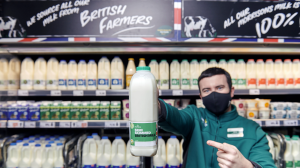
While the disappearance of ‘Use By’ dates on products from fruit and vegetables to yoghurt has become much more common in recent months, Morrisons’ move to swap to ‘best before’ dates on its own-brand milk lines last year came under fire.
Morrisons said at the time that switching from ‘Use By’ dates to ‘Best Before’ on its own-label milk would stop millions of pints from being thrown away each year, as it encouraged customers to use a ‘sniff test’.
Climate action NGO WRAP backed the move as it found UK homes are estimated to waste over 490m pints of milk a year.
However, some shoppers are clearly not ready for the change.
One Twitter user said: “I am in total disagreement with this. I think it opens the floodgates for other food manufacturers to leave off their use-by dates, thus placing their customers at risk of food poisoning.”
Despite this, M&S rolled out the same initiative in June across its RSPCA assured fresh milk as part of its commitment to halve food waste by 2030 and reach net zero by 2040. This week, Sainsbury’s also switched to best-before dates across its own-brand milk range, encouraging customers to smell the product rather than pouring it away.

